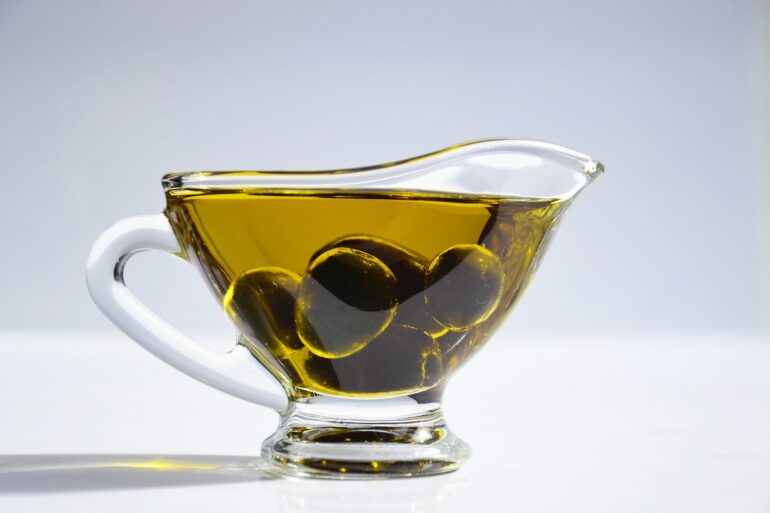TL;DR:
- Researchers employ AI, chemistry, and omics research to explore extra virgin olive oil (EVOO) in Alzheimer’s treatment.
- AI-powered network machine learning identifies bioactive compounds in EVOO for AD prevention and therapy.
- The study predicts existing drugs and EVOO phytochemicals with potential against AD.
- Ten powerful EVOO phytochemicals are identified, offering new therapeutic insights.
- The in silico approach merges AI and medical research, promising transformative AD treatment possibilities.
Main AI News:
In a groundbreaking study, the power of artificial intelligence (AI) has been harnessed to unlock the full potential of extra virgin olive oil (EVOO) in the fight against Alzheimer’s disease (AD). This cutting-edge research combines the prowess of AI technology, chemistry, and omics studies to pinpoint specific bioactive compounds within EVOO that exhibit promising effects in the treatment and prevention of AD.
Published under the title “Alzheimer’s disease: using gene/protein network machine learning for molecule discovery in olive oil” in Human Genomics, this article sheds light on a remarkable breakthrough in the realm of medical science.
The burden of Alzheimer’s disease on humanity, both socially and economically, cannot be understated. However, earlier studies had suggested a glimmer of hope in the form of extra virgin olive oil, which showed potential in mitigating cognitive decline.
The core of this innovative research lies in the development of a network machine learning methodology, which expertly identifies bioactive phytochemicals within EVOO. These phytochemicals have the highest potential to influence the protein network linked to the development and progression of AD.
Through fivefold cross-validation settings, the researchers achieved a balanced classification accuracy of 70.3 ± 2.6%, providing strong evidence for predicting late-stage experimental drugs that target AD, differentiating them from other clinically approved drugs.
The calibrated machine learning algorithm then went a step further, accurately predicting the likelihood of existing drugs and known EVOO phytochemicals having similar actions to those drugs impacting AD protein networks. The results were nothing short of extraordinary.
The study pinpointed ten EVOO phytochemicals with the highest likelihood of actively combatting AD. These potent compounds are quercetin, genistein, luteolin, palmitoleate, stearic acid, apigenin, epicatechin, kaempferol, squalene, and daidzein, listed in descending order of likelihood. What’s truly remarkable is that this groundbreaking research was conducted in silico, presenting a framework that synergizes artificial intelligence, analytical chemistry, and omics studies to unveil unique therapeutic agents. The insights gained from this study open new avenues for understanding how EVOO constituents can be leveraged to treat or prevent AD, thereby laying the groundwork for future clinical investigations.
Conclusion:
The groundbreaking use of AI to unlock the therapeutic potential of extra virgin olive oil for Alzheimer’s disease presents a significant opportunity in the market. As the link between EVOO and AD becomes clearer, there is a potential for increased demand for EVOO-based supplements or products targeting cognitive health. Pharmaceutical and nutraceutical companies may capitalize on this research to develop innovative therapies, catering to a growing market of individuals seeking preventive solutions for cognitive decline. Additionally, this AI-driven approach sets a precedent for future investigations into natural remedies, potentially sparking more research and investment in this domain. Overall, this development signals a new era in AD treatment and offers promising prospects for businesses operating in the health and wellness sector.

